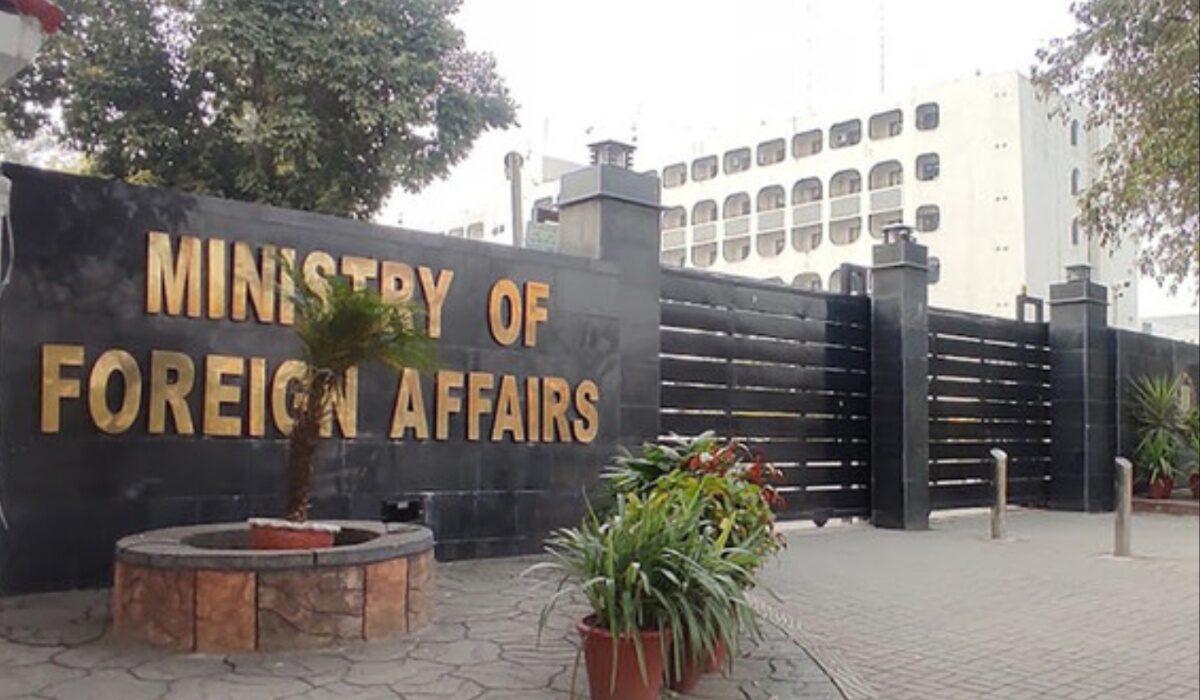Constitution, law does not bar political party from fielding candidates in polls: SC
Verdict said that the March 1 decision of the ECP has no legal status and is against the Constitution


Islamabad: The majority judges of the Supreme Court issued a detailed decision in the case of reserved seats.
According to the details, the detailed judgment consists of 70 pages, which was written by Justice Mansoor Ali Shah.
The Supreme Court wrote in the verdict that Pakistan Tehreek-e-Insaf (PTI) is a political party and has won or obtained the seats of national and provincial assemblies in the general elections of 2024.
In the detailed decision, it was stated that the decision of the Peshawar High Court (PHC) is null and void. Not giving an election symbol does not affect the legal and constitutional right of the political party to contest the election. The constitution or the law does not prevent the political party from fielding candidates in the elections.
The court ruled that the Election Commission of Pakistan (ECP) declared 39 out of 80 MNAs of PTI as PTI. The ECP was told to take the signed statement of the remaining 41 MNAs within 15 days. It should notify the candidates of PTI on reserved seats.
In the decision, it was said that the March 1 decision of the ECP has no legal status and is against the constitution. The Election Commission is the guarantor of the democratic process in the country and the fourth pillar of the government, but the commission failed to fulfill its role in February 2024.
The Supreme Court said in a detailed decision that the vote of the people is an important part of democratic governance. The power of democracy rests with the people and the constitution empowers the people to make their democratic way.
In the decision of the majority judges, it was said that it is with a heavy heart that two colleagues, Justice Aminuddin and Justice Naeem Akhtar Afghan did not agree with our decision. Not in accordance, their action is against the position of Supreme Court judges.
The decision said that as bench members, they can legally disagree with the facts and law. The fellow judges can also give different opinions and comment on the opinions of others, but how the judges disagreed is the restraint and courtesy of the judges of the Supreme Court.
The court wrote that what is more troubling is that the judges crossed the line while giving their opinions and two judges warned 80 successful candidates.
19 sentenced to jail for AFCON final hooliganism
- 14 hours ago
Pakistan, US desire to enhance economic cooperation
- 10 hours ago
England captain Brook says a ‘shame’ if Pakistan players snubbed for Hundred competition
- 9 hours ago
T20 WC: Match between Pakistan, New Zealand cancelled because of rain
- 12 hours ago
Fabregas 'not proud' of incident with Milan player
- 14 hours ago
'Special': Cunningham makes MVP case vs. Knicks
- 14 hours ago
Altidore joins Westbrook in OKC for Soccer group
- 14 hours ago
CTD arrests female suicide bomber in Dera Ismail Khan
- 10 hours ago

Mastodon is testing easier ways to get you started in the fediverse
- 2 hours ago

Abxylute’s new Switch 2 controller prototype has one big problem
- 2 hours ago
Pezeshkian says Iran will not bow to pressure amid US nuclear talks
- 10 hours ago

Baseus’ retractable, 6-in-1 travel adapter is on sale for its lowest price to date
- 2 hours ago









